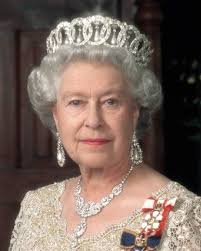***Some notes on this subject are missing as I was gone the first two days of when he covered this topic.
Communist States
- China
- N. Korea
- Vietnam
- Cuba
- Laos
Post-Communist States- Russian Federation
- Former Soviet States (Estonia, Lithuania, etc.)
- Communist Party as the main opposition
3rd World (developing world)- newly developed Industrial Countries--Basket cases
- Nigeria/Mexico/Iran
- indicators:
- 1. Agriculture is the largest sector of the economy
- 2. NIC'S (Newly Industrial Countries) - the All Star 3rd world nations
- NIC'S
- A. export industrial goods
- B. Political Modernization is ongoing
-gov. is attemptinbg more services to its citizens
-infrastructure
-money/taxes
-Life expectancy-70s
-Literacy rates-80s
- 3-LDC- Less Developed Countries
-these are the counbtries that should be NIC -however, barriers exist to prevent long term economic and political gain A. National/Ethnic- Nigeria is poster boy for this group with 350 rival nations
B. Political Integration - prime self-identities in their nationhood, religion gets in the way that leads to advancement ( "I will screw your tribe to advance mine"), 3 political efficacy--engagement of society, the ability to make a difference C. Islam State - religion/government entaglement with the Koran, theocracy (governed by religious leaders), Shari's law (Islamic code)
D. overemphasis of a single resource, exploiting a resource for a short term goal, not concerned with longer term interests (such as oil, education); 1st world nation looks at long term goal, not just concerned about survival, but a 3rd world nation is worried about survival
E. Education opportunity is poor, literacy rate is around 34%, and has finite resources and opportunity cost.
F. Poor quality of life indicators, preventive disease run rapid, high infant mortality rate, and low life expectancy.
Imperialism and its Legacy
- Boundaries of important convenience
- Commercial agriculture
- Extractive industries
- Exported profits
- Indirect rule
Post-Colonial Problems: lack of legitimacy; heightened intolerance, mistrust, and dissatisfaction


